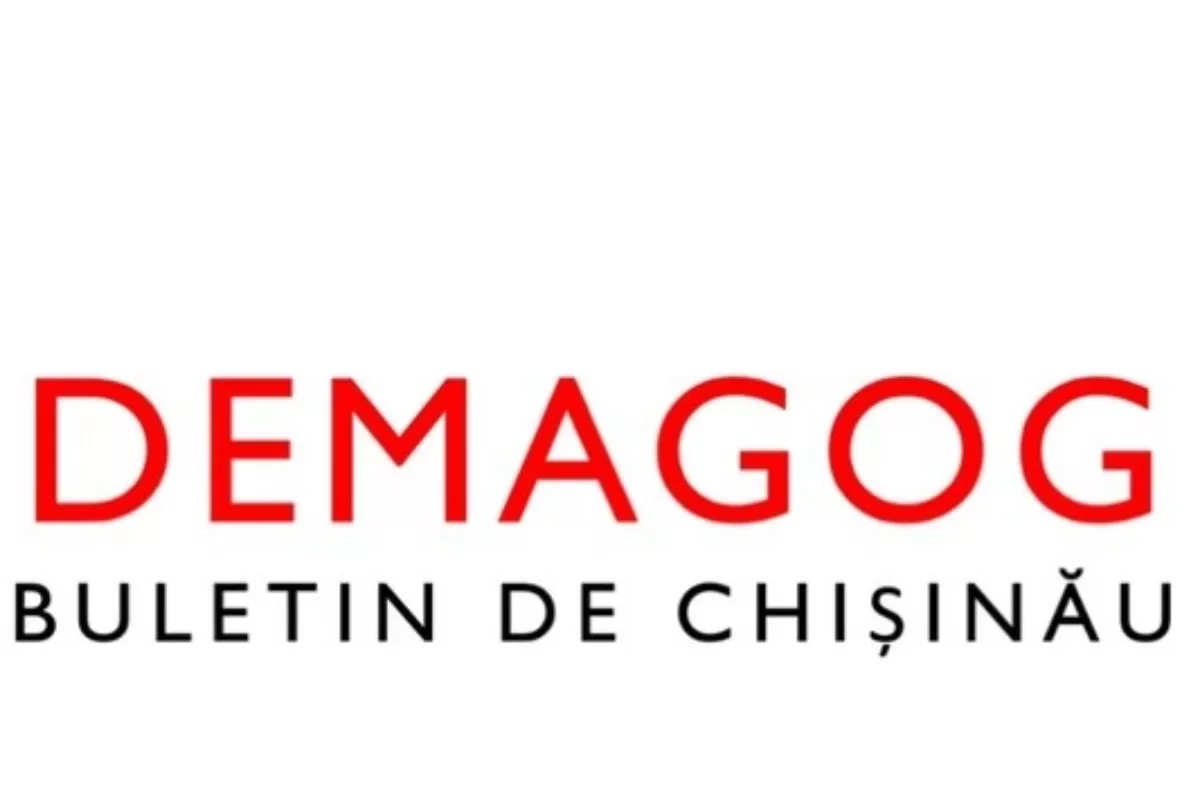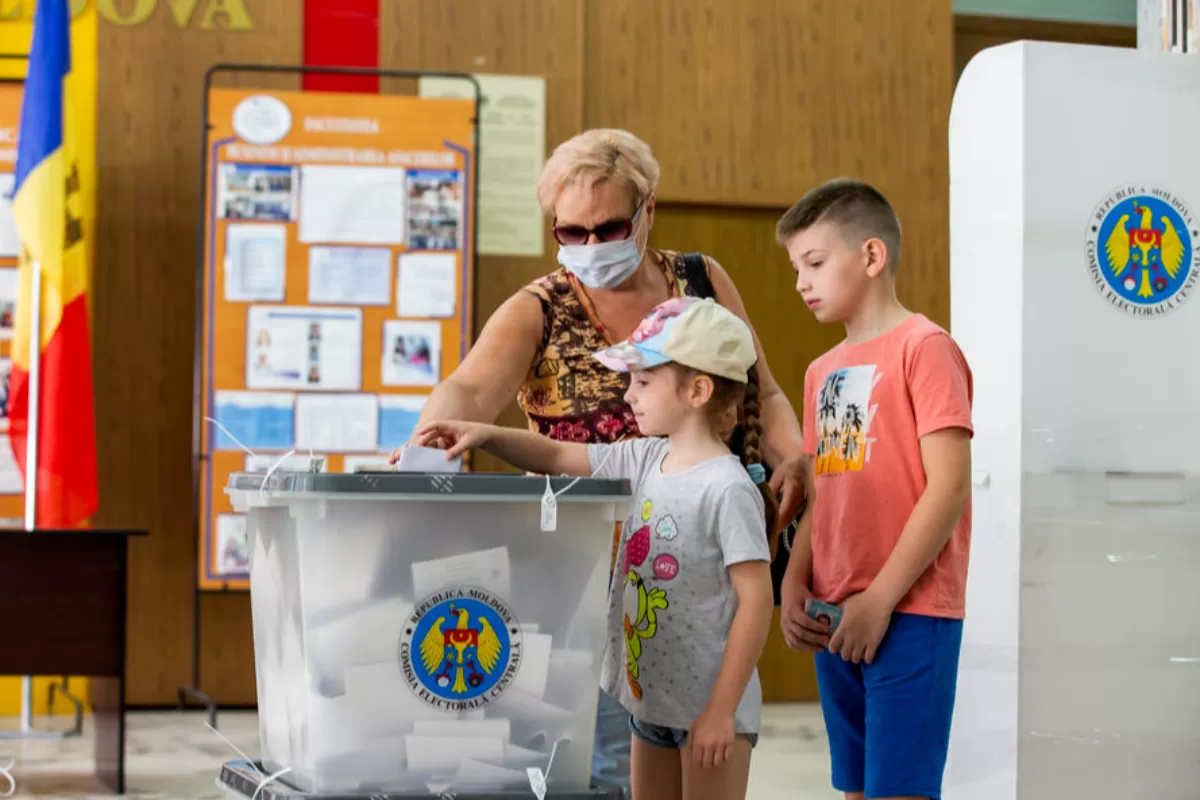
A new election campaign is underway in Moldova, the third in 2 years. The 2019 campaign was marked by efforts to overthrow the regime of the oligarch Vlad Plahotniuc. The one for the 2020 presidential elections was a confrontation between Igor Dodon, an exponent of the Moldovenist left, a trend that emerged since the very founding of the Republic of Moldova, and Maia Sandu, a new type of politician with a technocratic background and a pro-Western and anti-corruption discourse.
The current campaign can be described as a confrontation between three presidents, representing the main political forces in Moldova. The pro-European Action and Solidarity Party relies on the image of its founder, Maia Sandu, even if, officially, she is a neutral figure in this fight. However, a victory for the PAS would lead to the formation of a government able to implement the reforms promised in the campaign by the current head of state. On the other side there stand two former presidents of the Republic of Moldova, the Socialist Igor Dodon and the Communist Vladimir Voronin. The two overcame a decade of misunderstandings (Voronin considered Dodon a traitor) and united their parties in an electoral bloc that advocates a closer relationship with Russia. In essence, as in most of the elections that have taken place since Moldova gained independence, what we see today is a confrontation between the so-called "Eastern and Western vectors". Russia openly supports the Eastern vector; The West promises funding for the reforms promised by the Western vector.
The election campaign, like most campaigns in recent years, is marked by an abundance of fake news and disinformation, usually launched by the left wing and the media affiliated with the Socialists or the Kremlin. The authors of the false narratives, however, seem to be running out of new ideas: most of them have already been used in the election campaigns that have taken place since 2016.
Maia Sandu grants Syrians the citizenship of the Republic of Moldova, while Moldovans are leaving the country, writes Komsomolskaya Pravda, which publishes a presidential decree granting citizenship to nine people. Thus, a narrative is resumed from the 2016 presidential elections when fake news was spread that 30 thousand Syrian refugees would be brought to the Republic of Moldova.
Maia Sandu has created an “anticorruption” structure in order to eliminate from public life and the administrative apparatus the politicians and officials that are inconvenient, according to a false narrative spread by Sputnik. The said structure - the Independent Anticorruption Advisory Committee – is allegedly controlled by the West.
Maia Sandu closed schools and laid off teachers, according to the Socialist Bogdan Țîrdea, one of the main promoters of disinformation in Chisinau. The narrative, which is contradicted by statistics, has been used before and is being reactivated now, in the context of the election campaign, in order to destabilize the party founded by Maia Sandu, PAS, which, according to opinion polls, is the favorite.
A potential victory of right-wing parties in the parliamentary election will spell economic and social disaster for the Republic of Moldova, leading to protests, Socialist leader, Igor Dodon, has said. The narrative has been disseminated and amplified by Ria Novosti press agency.
Seven months after a complicated presidential election, the Republic of Moldova is again in the grip of election fever. This time around, the country will be hosting snap parliamentary elections, but the background, protagonists and stakes are mostly the same. The main battle will be pitting the center-right pro-Western Action and Solidarity Party (PAS), previously led by president Maia Sandu, against the center-left pro-Russian Party of Socialists (PSRM) led by the former president Igor Dodon.
With the early parliamentary election in the Republic of Moldova around the corner, the political and economic chatter is again focusing on the benefits for Chișinău. The matter has again sparked a polemic: would it be better for the Republic of Moldova to head east or west? A persistent question which Moldovan politicians have been juggling with for three decades, while Moldova remains one of Europe’s poorest and most corrupt countries, with one of the largest shares of population migration.
The unionist movement in the Republic of Moldova has always benefited from the contribution of some intellectuals and could count on the votes of about 10% of the electorate. This electorate has become increasingly fragmented in recent years, amid differences between unionists, who have split into competing parties. The centrifugal trend has worsened over time and it is very likely that not even for the snap elections of July 11 the unionist forces will be able to coagulate.
Demagog 2021 is the Veridica project for monitoring the election campaign for the early legislative elections in the Republic of Moldova. The Chisinau Bulletin is a weekly synthesis of the main fake news, disinformation and narratives used in the campaign, but also of the editorials and analyzes written by our team.

Disinformation uses a variety of manipulation tactics. Disinformation stories can easily be created by combining provocative topics.
Report
Not even the most optimistic supporters of the Action and Solidarity Party (PAS) were expecting a landslide victory in the early parliamentary election. PAS didn’t just face left-wing parties, represented by the Electoral Bloc of Communists and Socialists, but Russia itself, which tried to lend the latter a helping hand. Yet its victory is only the beginning: the real challenge for PAS lies ahead.

FAKE NEWS: The right-wing bought votes in the Diaspora
The alleged election fraud, including bribe-giving, was one of the hot topics in the Republic of Moldova on election day. While media outlets siding with pro-European parties revealed alleged cases of bribe reported on the left bank of the Dniester, the pro-Socialist press focused on offenses reported abroad. One the main “arguments” about influencing voters in the Diaspora was a short video filmed by a young girl queuing outside a polling station in Frankfurt, Germany. In the background one can hear a few people talking and laughing, mentioning 50 Euro. A large number of press institutions affiliated to the Socialists carried the piece of news, suggesting the video is evidence that voters got bribed. The person who shot the video subsequently said it was all a joke, and that the media made erroneous assumptions.

DEMAGOG 2021. The Chisinau Report, No. 5: Radio Yerevan
disinformation, manipulative stories and fake news continued to flood the media as usual. Maia Sandu, PAS and the West were again the favorite targets of disinformation and fake narratives. Fake news authors were pretty much unimaginative, as they have been over the course of the entire campaign, resorting to narratives they used before, both in the current campaign, as well as in previous ones: a victory for the right-wing would spell disaster for the country